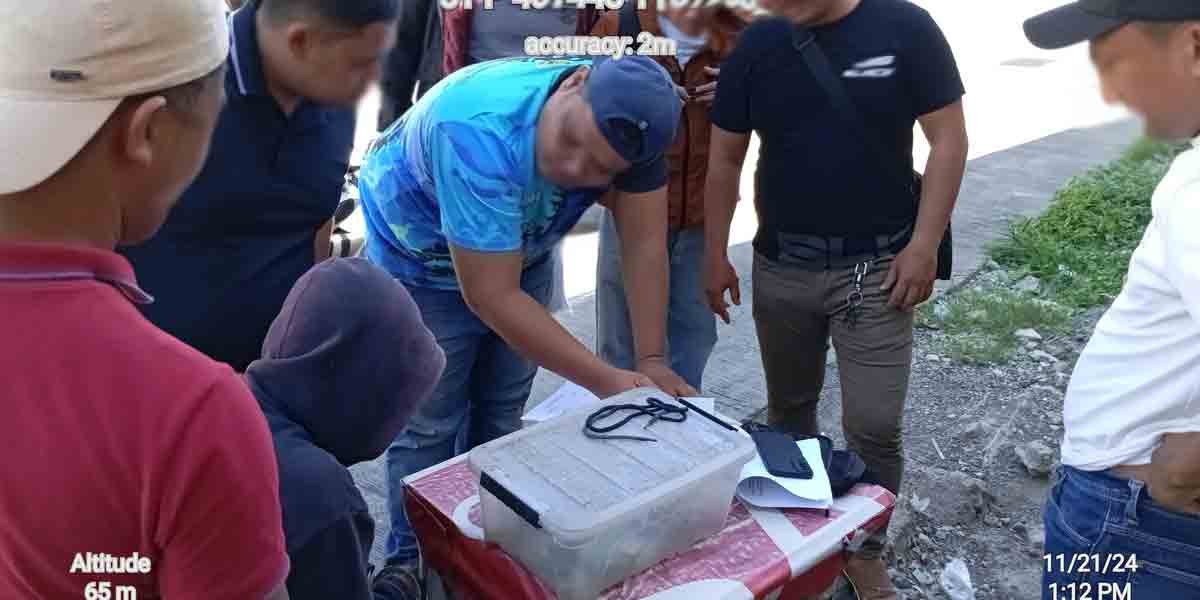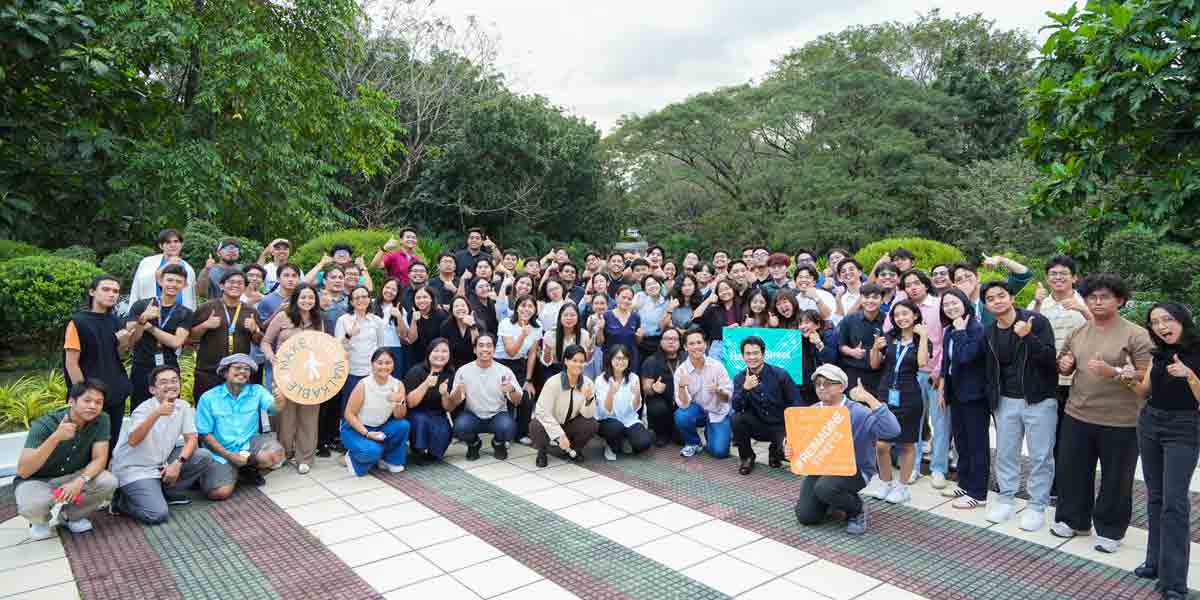 By Modesto P. Sa-onoy
By Modesto P. Sa-onoy
Pursuing his criticisms of the warrantless arrest, the retired Justice said that if the authorities could not gather enough evidence within the 24-day period of warrantless detention, there is no provision in the Anti-Terrorism Act regarding re-arrest. “After a few days, he can be arrested again and the 24-day cycle will repeat and keep on repeating,” Carpio warned.
Currently, the Rules of Court require that when a person is ordered released by the court upon the grant of the privilege of the writ of habeas corpus, “he cannot be arrested again for the same charge unless there is an express order by the court.”
Without a specific provision that complies with the constitution, the Anti-Terrorism Council can have an unrestrained field day arresting and detaining people for suspected terroristic crime.
I can understand the logic here because the government wants to prevent a terrorist plan and execution but at what price? Surely our security agents are proficient in their investigative roles, especially in continuing surveillance with arrests within our constitution.
Senator Panfilo Lacson, a former chief of the Philippine National Police, rebutted the claims of retired Senior Justice Antonio Carpio.
The response of the senator was published by the Philippine Daily Inquirer (June 18). The senator said retired Justice Antonio Carpio misinterpreted some provisions under the controversial anti-terrorism bill. Carpio had cited specific provisions of the bill that are unconstitutional.
However, Senator Lacson said Justice Carpio was mistaken in his interpretation on several anti-terror bill contents. “With all due respect to former Justice Antonio Carpio, who I continue to admire and respect, he is mistaken on several material points in his interpretation on the contents of the Anti-Terrorism Bill.”
Lacson claimed he already addressed many of Carpio’s concerns in a June 15 letter he sent to the Integrated Bar of the Philippines which also raised fears over several provisions under the proposed law. Lacson should publish his rebuttal in full.
Justice Carpio and the IBP disagreed on a provision of the bill, which authorizes the Anti-Terrorism Council to order the arrest of a suspected terrorist as well as his or her detention for up to 24 days.
The retired Justice and other critics from the legal profession insist that “Section 29 does not require probable cause before the ATC can issue an arrest order. Clearly, the ATC can issue an arrest order even without probable cause. Section 29 does not create standards or limitations to the power of the ATC.”
To refresh our earlier discussion, Justice Carpio also pointed out that once the anti-terror bill is enacted into law, “it is as if the Philippines is permanently under a situation worse than martial law.”
In response to this issue, Lacson sent to the IBP a letter where he maintained that the bill aims to combat terrorism not only in a “swift, effective” manner but also within the bounds of the Constitution.” That was a denial but he did not dispute with legal arguments the contention of the IBP and Justice Carpio.
The senator stressed that the ATC could not authorize in writing the “taking into custody” of terrorism suspects. “The ‘written authorization’ of the ATC is intended to be issued to duly designated deputies, i.e., law enforcement agents or military personnel specially tasked and trained to handle the custodial investigation involving violations of the Anti-Terrorism Act of 2020 as proposed, considering the complexities and nature of terrorism.”
“If the ATC has no authority to order the arrest, much more does it have the authority to determine the period of detention of the person arrested,” he added.
The senator reiterated that the bill contains “safeguards,” which includes the requirement to immediately send a written notice to the judge of the court nearest the place of arrest, with copies furnished to the ATC and the Commission on Human Rights.
Further, the detained suspect would also be informed of his or her rights and would not be denied access to a counsel.
That is however a consuelo de bobo for the arrest was done contrary to the constitution but authorized only by the ATC.
Lacson’s claim of a post factum right to counsel does not respond to the fear and criticism that the arrested person was taken into custody without a warrant from the court.
We must be vigilant to protect our rights.




















